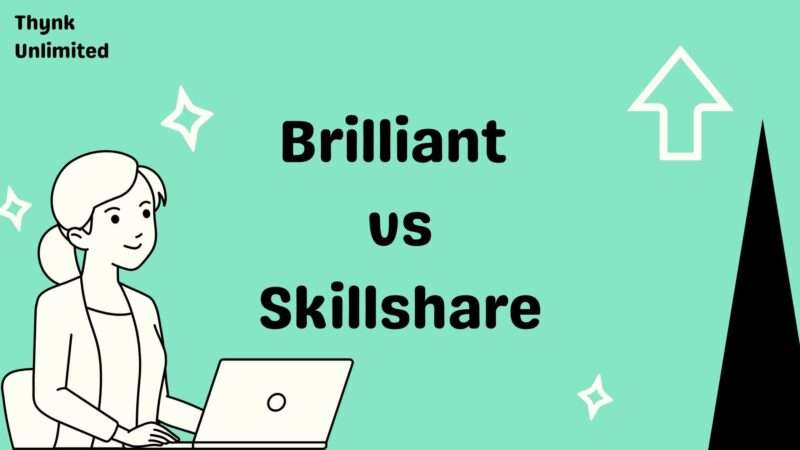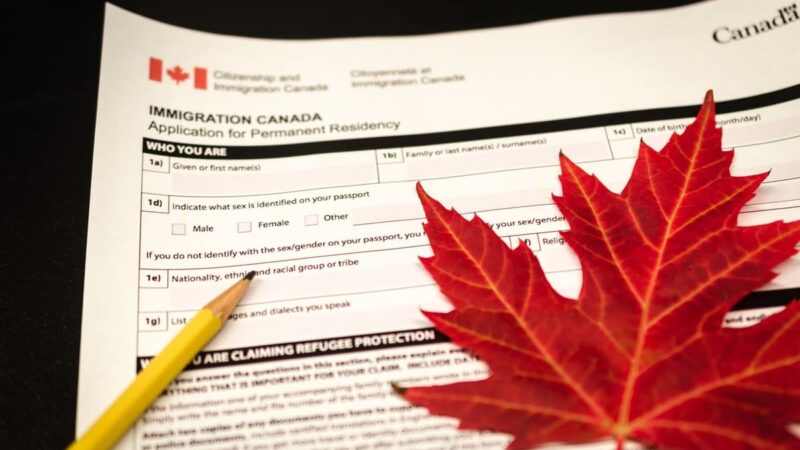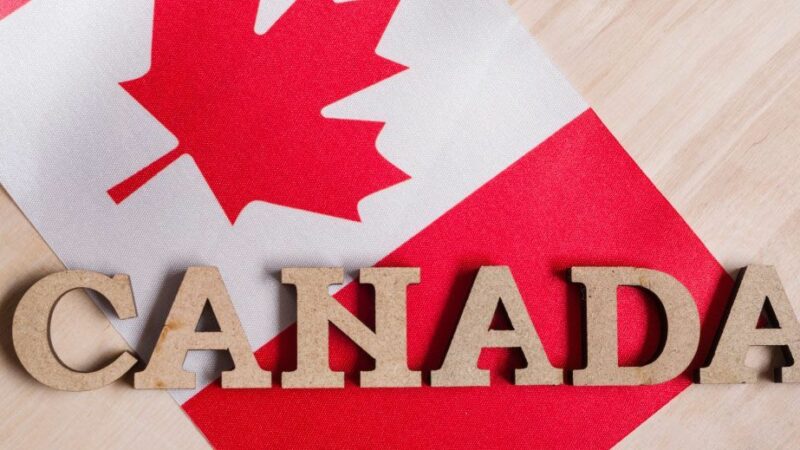Canada Study Permit: FAQs for international students
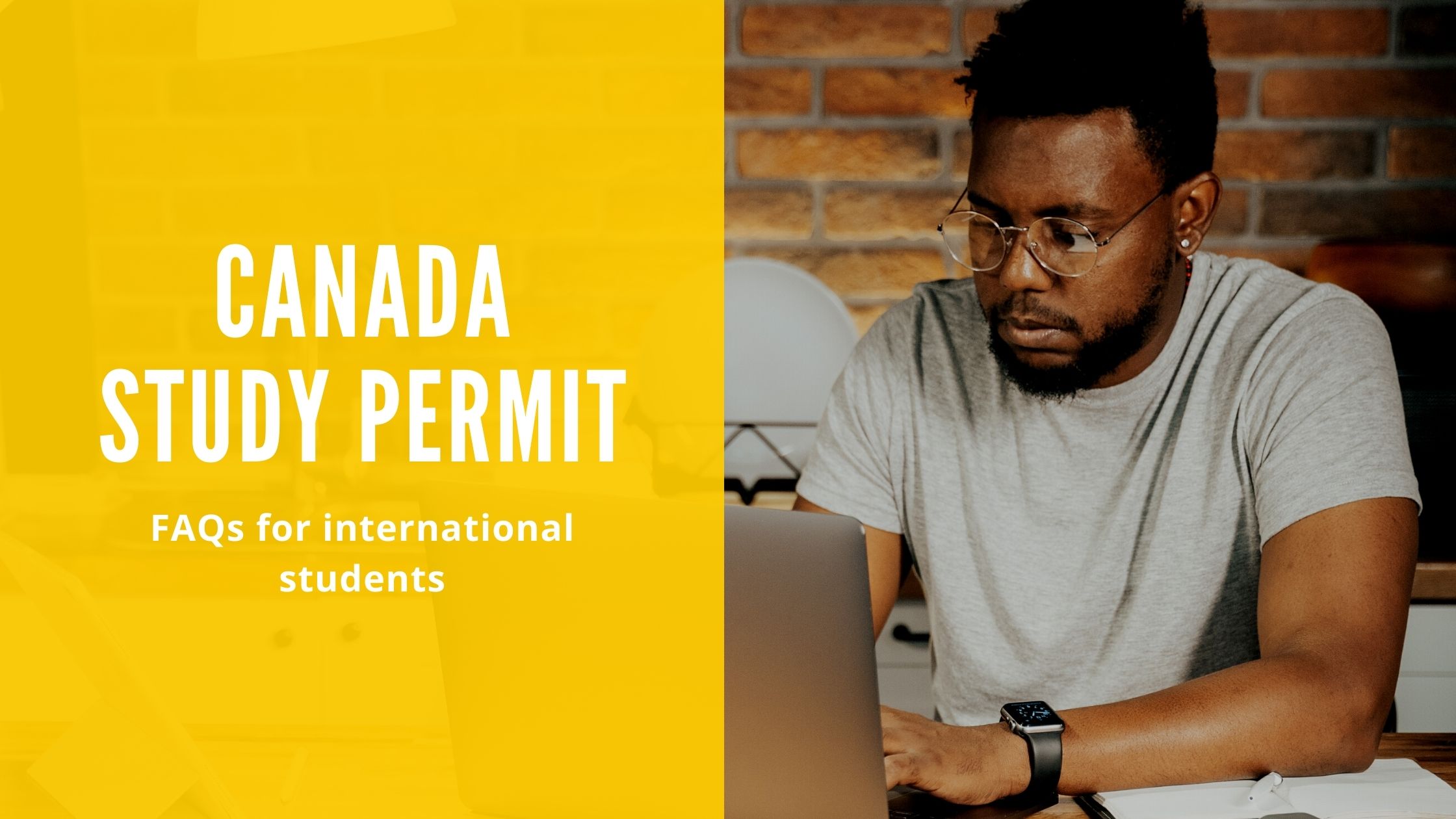
What are the frequently asked questions (FAQ) when applying for CANADA STUDY PERMIT? Being an INTERNATIONAL STUDENT in Canada needs all the information before you apply for visa.
I will be answering the most frequent questions if you are planning to be an international student here in Canada.
Are you ready?
Let’s begin!
Table of Content
I want to study in Canada what should I do first?
Okay, the first thing you need to do is research.
It means you need to read, and even watch videos. So that you will know all the information about the Canadian study permit. Then after that make a decision if you want to undergo an agency or do it yourself. It is called DIY when processing a VISA application.
Make sure that you would weigh it and you should know the pros and cons of undergoing agency.
If you want to Do it Yourself. You need to choose a Designated Learning Institution or the DLI where you are going to enrol.
Next, you need to prepare all of the requirements and even the costings that you will use in the application for your Canada study permit.
How many years or programs are better to apply?
Actually, it depends on you on how long do you want to study here in Canada. The good thing in Canada is that there is what they call the work and study pathway. So it means, if you study here, it is possible for you to work also. If you choose a one-year program you will get a one-year post-graduation work permit.
But what is a post-graduation work permit?
As per CIC, the post-graduation work permit allows students who have graduated from a participating Canadian post-secondary institution to gain valuable Canadian work experience.
It means that if you study in a Designated Learning Institution in Canada, it is possible for you to have work for you to have a Canadian experience. The work you do when you are still a PGWP will help you to be a permanent resident in Canada.
The type of programs you can choose is either Certificate, Diploma, Bachelor’s degree, or Master’s degree.
The most important thing you need to know is that if you choose a one-year certificate or one program you will get a one-year post-graduation work permit. But if you choose two years program or two programs you will get three years of work permit.
Diploma or Post-Graduate Program if I have a bachelor’s degree?
The better program that you should apply is a post-graduate program.
The reason why is because most of the postgraduate programs are only one year. If you decided to study here for 2 years or two programs you will gain two certificates, unlike a diploma. Well, there are some diplomas that are of one-year but most of the diplomas are in two years.
Let us now go to question number four.
What type of student application is a better regular stream or student direct stream SDS?
Go for the regular stream, it is less expensive while SDS is more expensive.
Second, regular has the POF or the Proof Of Fund to show money while on the other hand, SDS doesn’t have the POF.
In the regular stream, no IELTS but SDS requires academic IELTS.
Keep in mind that you should have at least 6.0 total band score and must not be below 6 on each test.
With regards to payment…
In the regular stream, you only need to pay for the first semester while on SDS, you need to pay for the one-year program.
And lastly with regards to the processing…
Regular-stream may take up to 90 days while for the SDS it may take up to one-month processing.
That is the difference between the regular stream and the SDS. So it’s up to your preferred type of application.
Is IELTS required if I study in Canada?
As I mentioned earlier it all depends on the type of student application.
If the SDS is the type of application that you are doing you must take the IELTS. But in regular-stream, it depends on your selected program and university.
There are universities that don’t require IELTS. But it also depends on your program because there are some programs that need IELTS.
You can contact your Designated Learning Institution or university directly to know if you need IELTS for the program you have chosen.
Remember: They will be requiring you to provide a certification from your previous university or previous college indicating that English is your primary language of study.
How long does it take to get a Letter of Acceptance from a university in Canada?
Well, it depends on the university that you have chosen. There are institutions where you’ll have your LOA in only 1 week’s time. But there are will be a further two weeks in processing the letter of acceptance.
In my case, it took me two weeks to process my LOA before I received it another reminder with regard to LOA.
Carefully check and look for all the details that are in your LOA. For example, you applied for two programs in your school but unfortunately, the school just gave you one LOA of a one-year program.
So you have two options. Go back and request for an LOA indicating your two programs or you can just stick with the one program that is stated in your LOA
But make sure when you’re making your SOP or what they call Statement Of Purpose. It is indicated that you’re doing a one-year program only. That’s why I mention that you need to check your LOA carefully.
How long is the visa processing?
As I have mentioned earlier if you choose regular-stream it may take up to 90 days processing on the other hand if you chose SDS, it may take up to one month.
But sometimes, it really depends on the embassy. There have been known cases, where some people get a regular-stream visa within 14 days. While some people also got the SDS visa application processed within 14 days.
Can I still apply for study permit if my parents will not sponsor me?
The answer is Yes.
So from what I know, there are many students sponsored by their relatives. They need to provide bank accounts, bank statements, and also their assets if there are any. So there’s a question.
What if there’s more than 1 bank account that my relatives have?
The more bank accounts and the more assets, the better. Just make sure to attain the minimum requirements of the proof of funds.
How much is the Proof of Funds (POF)?
For the SDS application, you don’t need proof of funds.
The reason behind this is that if you are applying for SDS you need to provide a GIC. GIC is a Guaranteed Insurance Certificate in which you need to pay for the one year of your tuition fee. At the same time, you need to open a bank account with a Canadian institution bank with CA$ 10,000.
On the other hand, if you are applying for a regular stream you need to have at least CA$ 10,000 as your proof of Funds.
So what if you have a spouse or you have a common-law partner?
You need to add CA$ 4,000 for your spouse. If you have a kid or child and you decide to bring them to Canada. You need to add another CA$ 3,000. So in total for the proof of funds in one family of three, you need to have CA$17,000.
Proof of Funds for
- Student: CA$ 10,000
- Spouse: CA$ 4,000
- one child: CA$ 3,000
- Family of three: CA$ 17,000
When do you apply to Canadian universities?
To be honest every Canadian university experience is obviously different. Every Canadian university’s procedure is obviously different. There are different periods that could come to school.
- You have the fall term which starts in September.
- And you also winter term that starts in January.
So I’ll say it takes an average of five to six months for the entire application process. If you’re actually thinking of applying I would advise that you start early. Don’t wait until the last minute.
How much do Canadian universities cost?
Honestly, it depends on the university and it also depends on your faculty. I actually noticed that engineering fees are way higher in comparison to other programs such as in the humanities.
On average for international students from my research, it cost about
- CA$ 20,000 to CA$ 30,000 per year for undergraduate program
- for a graduate program in Canada is CA$ 17,744 per year
- Post graduate diploma starts from CA$ 8,000 per year
Recommend for you
7 Cheapest post graduate diploma in Canada. (Business Courses)
Are there scholarships available for me to study in Canada?
Yes there are many scholarships for international students in Canada.
Here are top scholarship in Canada for undergraduates and graduates:
- University of Toronto scholarship
- McGill scholarships
- University of British Columbia scholarships
- Education Canada (government of Canada) scholarship opportunity
Here are top scholarship in Canada for PHD.
- Banting Postdoctoral Fellowship
- Canada-Brazil Award (government of Canada)
You can check the 3 Steps to get a scholarship in Canada for International Students
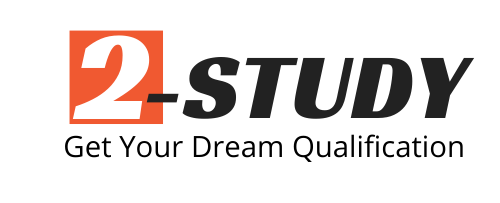

![Coursera Vs Pluralsight: Which is Best For You? [2024 Updates]](https://www.2-study.com/wp-content/webpc-passthru.php?src=https://www.2-study.com/wp-content/uploads/2023/12/Coursera-Vs-Pluralsight-800x450.jpg&nocache=1)
![Masterclass vs Skillshare: Here are the Key Differences [2024 Update]](https://www.2-study.com/wp-content/webpc-passthru.php?src=https://www.2-study.com/wp-content/uploads/2023/12/Masterclass-vs-Skillshare-800x450.jpg&nocache=1)
